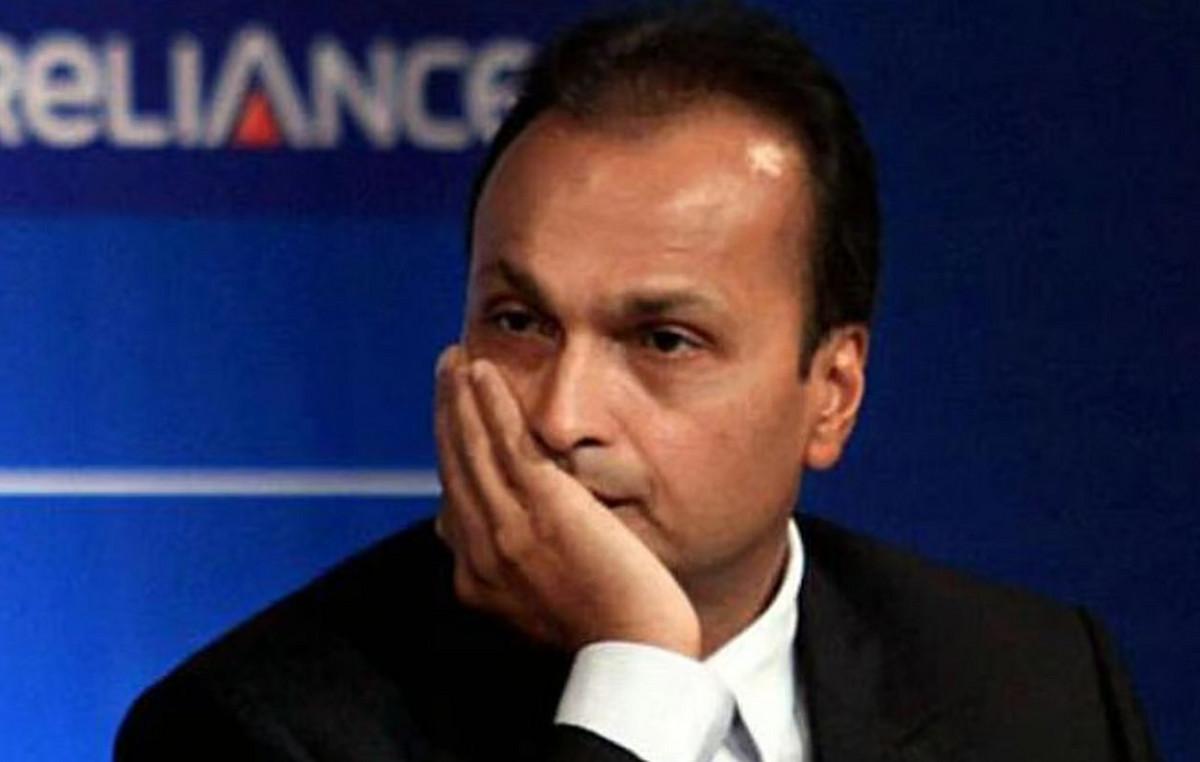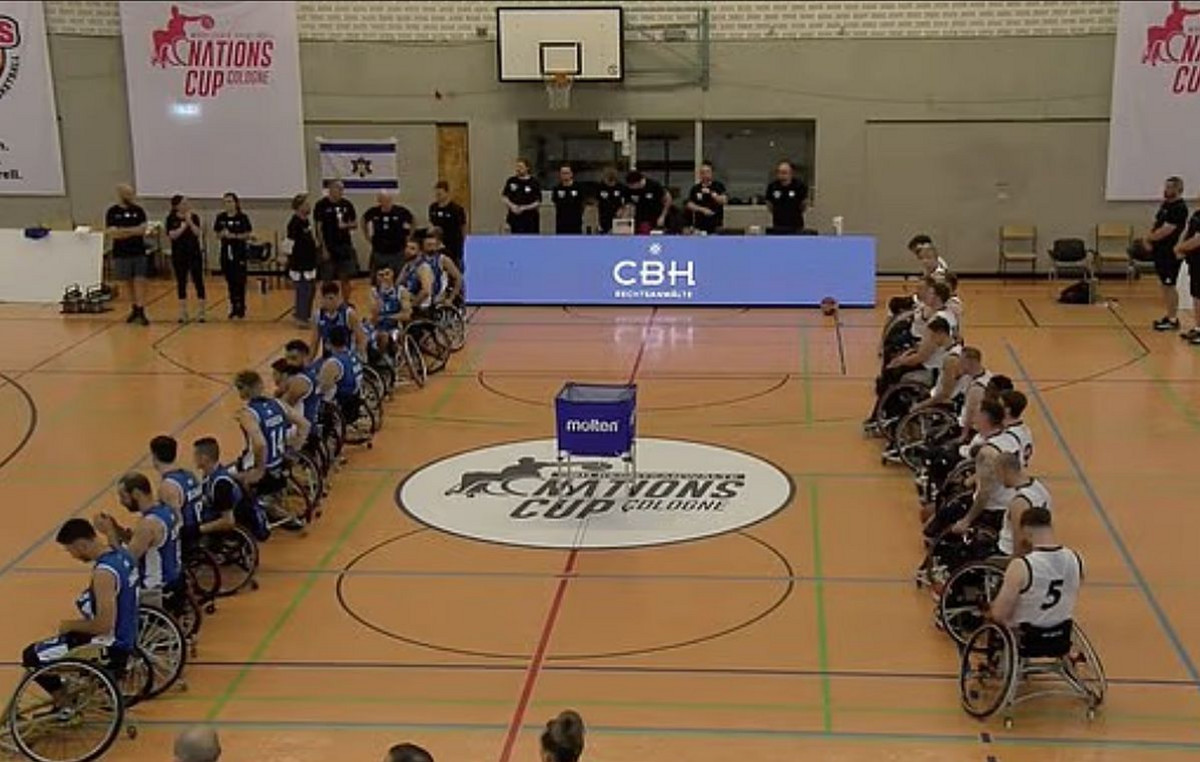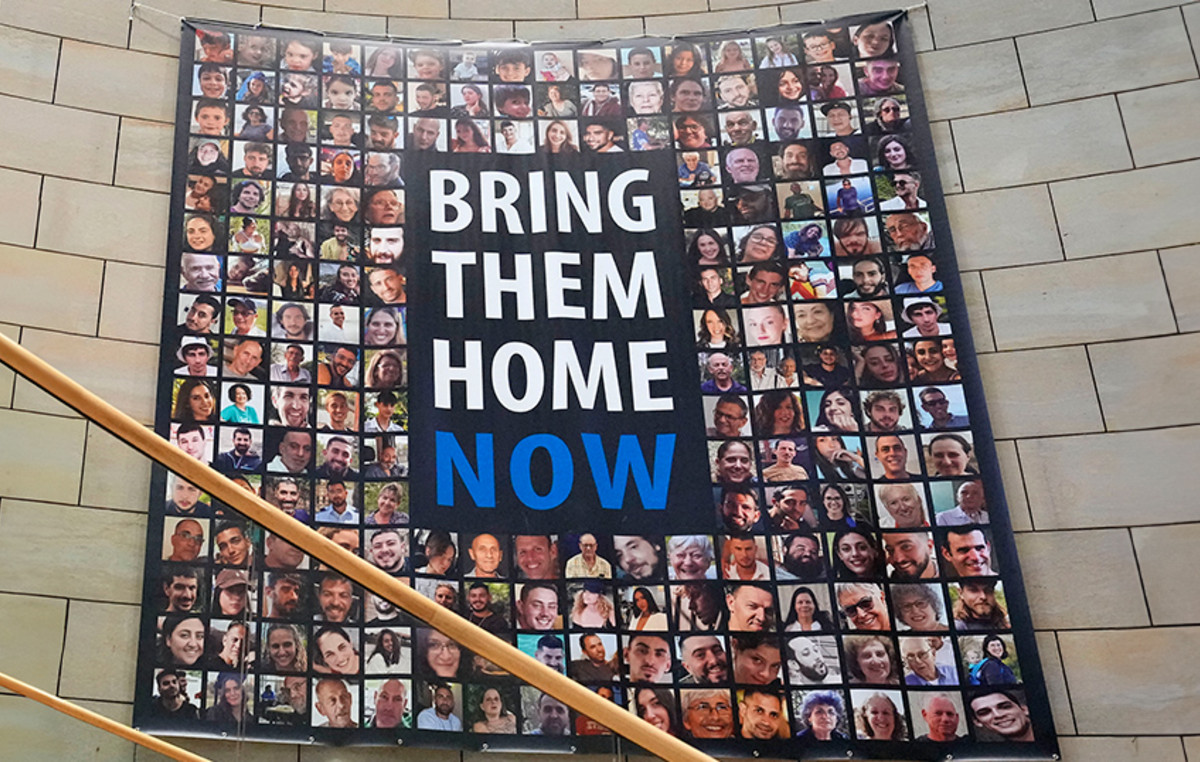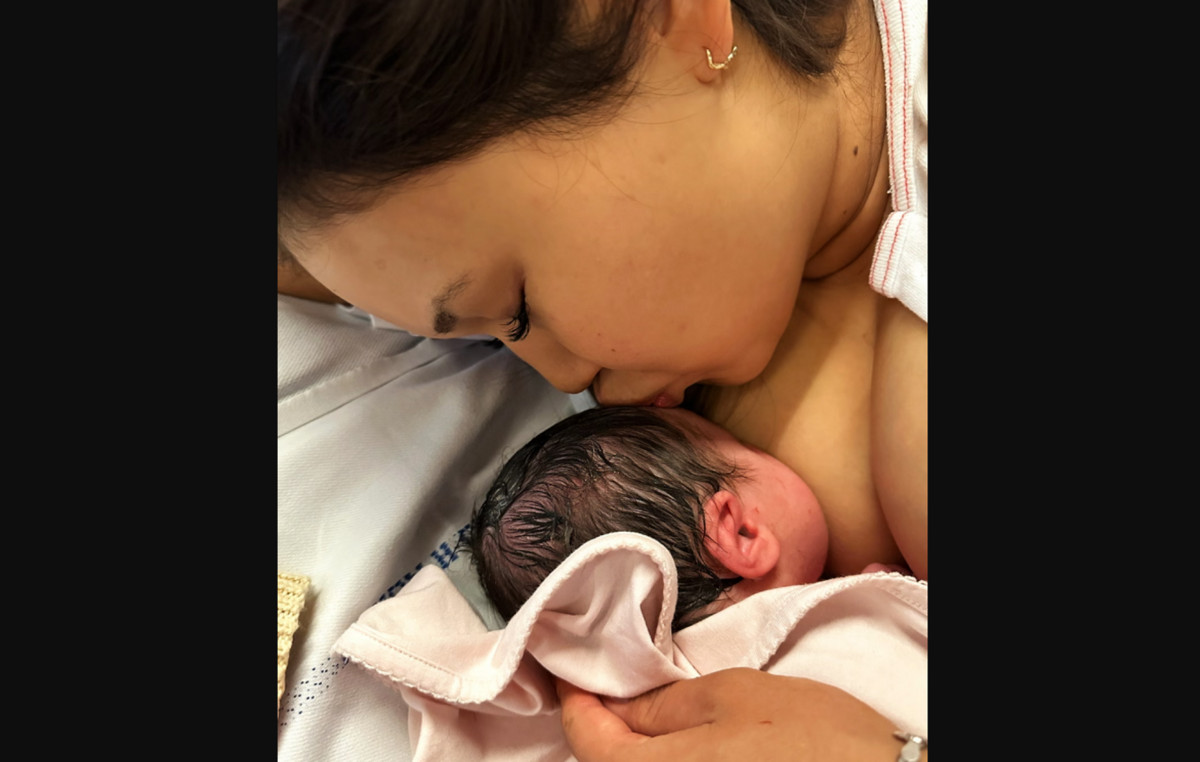The new edition of the Boletim Inequaldade nas Metrópoles pointed out that the income recovery of the poorest population lost strength in large Brazilian cities at the beginning of 2022.
After five quarters of growth, the average income from work of the poorest 40% fell, reaching R$240.79 per capita.
The Observatory’s coordinator, Marcelo Gomes Ribeiro, explained the history of the survey in an interview with CNN Radio . “When the pandemic started, the poorest were the ones who felt it the most, with a loss of around 30%. In the last quarter of 2020, there was a slow process of recovery of the poorest.”
However, the recovery, according to him, was not enough to return to the level of before the pandemic: “In this first quarter, it was this trend that we were witnessing that reversed, income fell.”
“This drop has to do with inflation, which was the main aggravating factor for the reduction in the average income of the poorest 40%”, he added.
The professor recalled that high inflation is “more perverse with those with less income, who lose even more purchasing power when prices rise, inflation has a very large effect on the poorest population.”
Another important data is that, in the 4th quarter of 2021, 26.7% of children up to 5 years of age lived in households with income from work below ¼ of the minimum wage per capita.
In absolute terms, today there are 1.6 million children in this situation.
“The effect of this is that the children are having an inadequate level of nutrition and this will compromise the process of human and cognitive formation, which is fundamental for school development”.
*With production by Isabel Campos
Source: CNN Brasil







